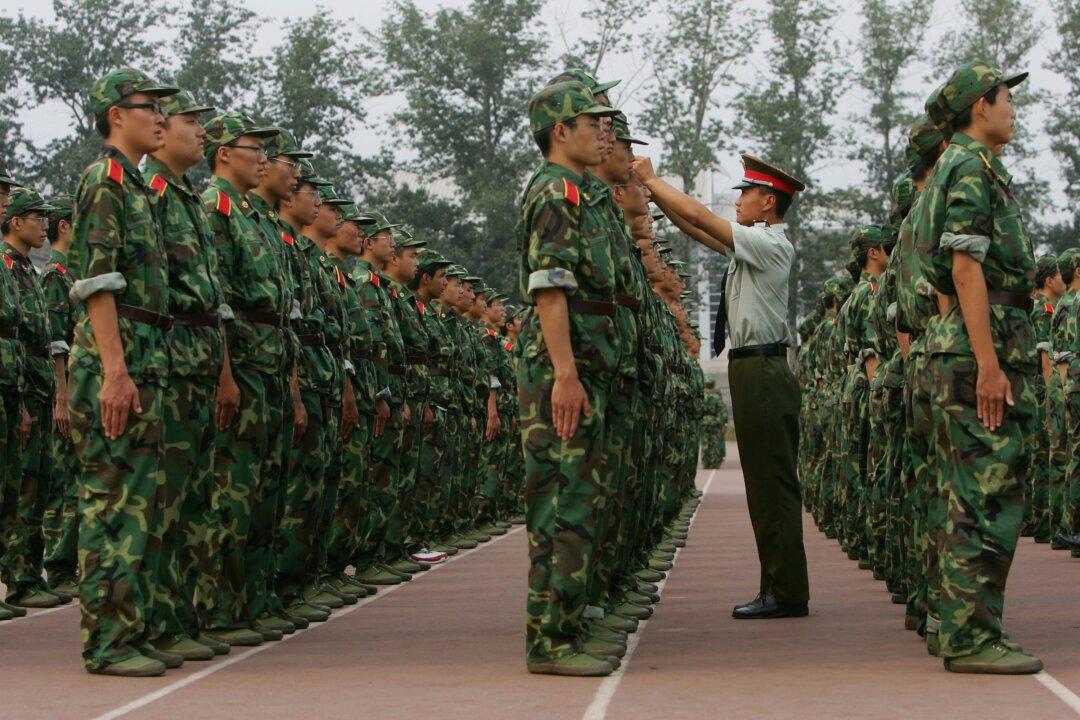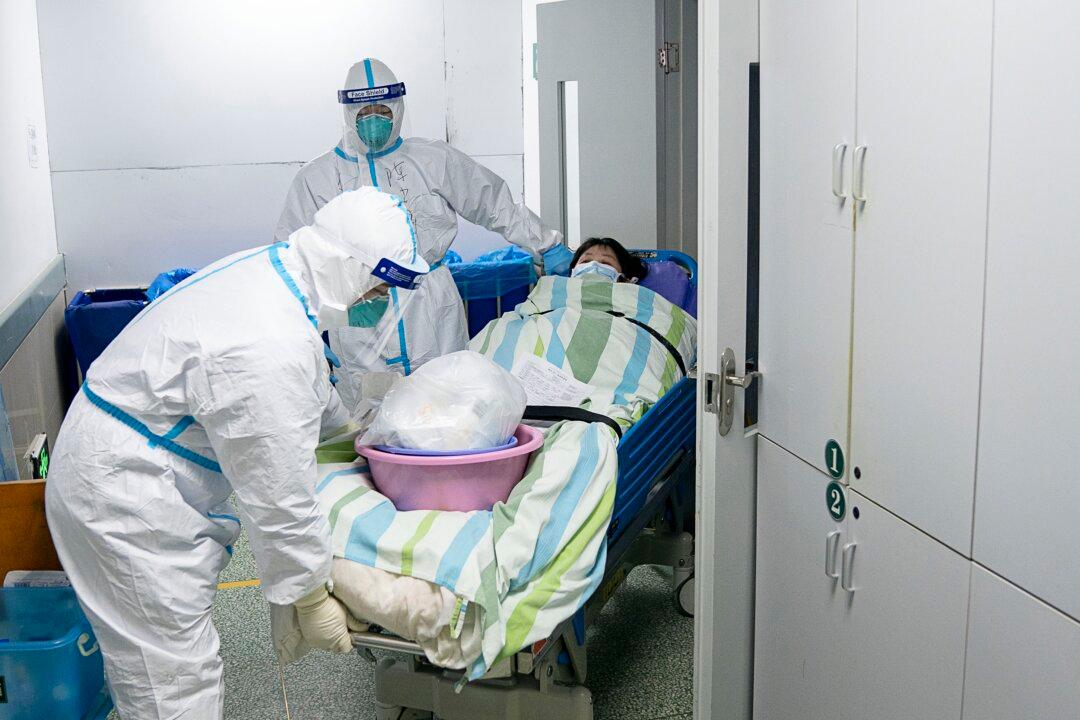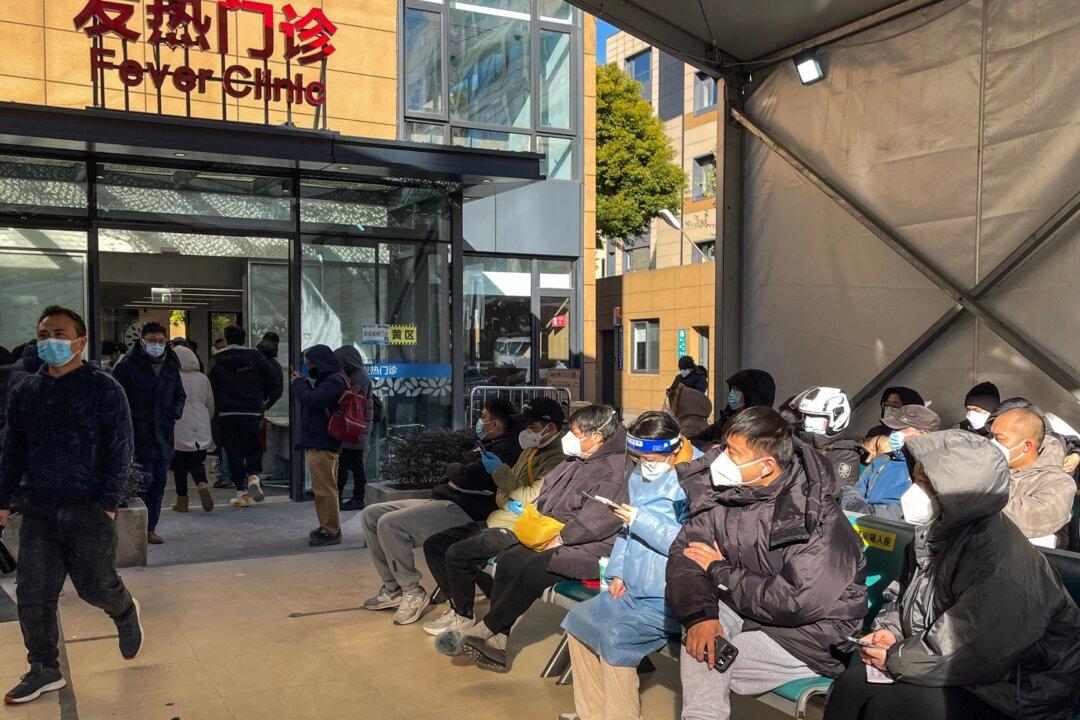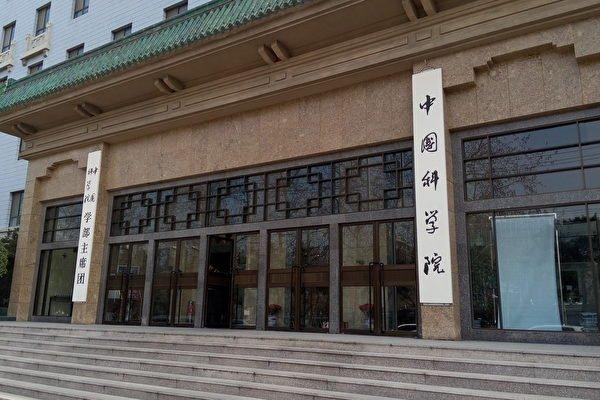Harbin Institute of Technology (HIT), a Chinese military university, released 19 obituaries from late December to early January, including an academician of the Chinese Academy of Engineering, amid a recent surge in COVID-19 infections sweeping across China.
From Dec. 24, 2022, to Jan. 5, 2023, 14 professors, two associate professors, two Communist Party branch heads, and one senior engineer at HIT passed away, according to the university’s official website.





